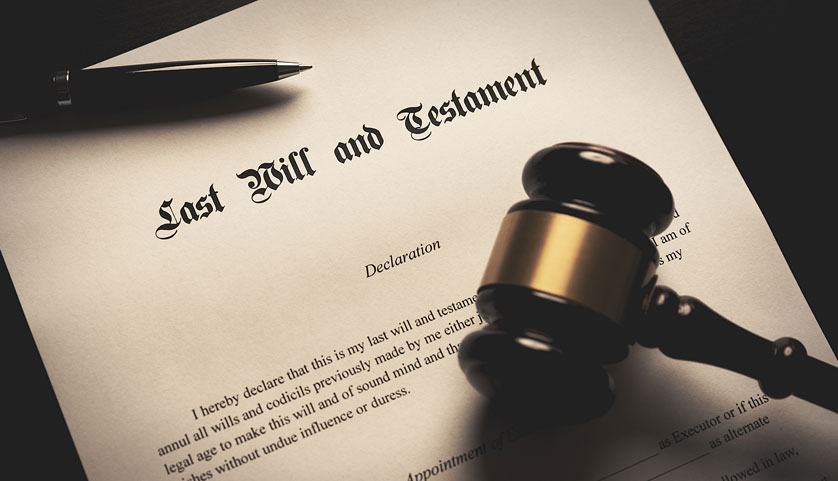
Your executor, or estate trustee, is someone you rely on to carry out your wishes and who will ensure your assets are distributed as planned. Choosing the right person is vital.
Here are some things you may want to consider when you take this important decision.
Your executor should be competent and trustworthy — someone who knows you and appreciates what is important to you. It’s essential to establish if they are willing to take on the responsibilities of an estate trustee.
If your estate is a simple one — making arrangements, paying last bills and income tax, distributing your assets — your spouse, an adult child, or another family member could be a good choice.
A more complex estate may require several executors, each being responsible for a specific area. For example, a trust set up to manage a minor’s inheritance should be overseen by someone who knows the child. A business partner might be best to ensure the continuing viability of a business. A financial advisor or accountant might be the right choice to deal with complicated investments.
Executors are expected to make decisions that are in the best interests of your estate and not for their own benefit. They may also charge their services to be paid out of the estate, although family members or friends often choose not to do so.
To make your executor’s task easier, you may want to consider a provision in your will that allows for expert advice to be covered by the estate.
Making these preparations may require some effort but will be a great gift to your family at a future difficult time. We would also be pleased to help you with the process in any way we can.